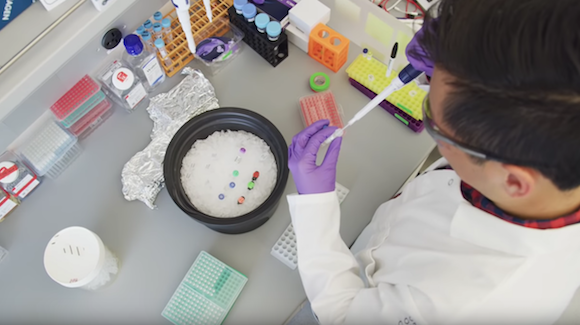NEW YORK (Reuters Health) – Herd immunity is not enough to protect unvaccinated children against pertussis. A case-control study based on detailed, individual-level clinical data indicates that children of parents who refuse pertussis immunizations are 23 times more likely than vaccinated children to develop whooping cough.
Writing in the June issue of Pediatrics, lead author Dr. Jason M. Glanz and associates remark, “Parental concern seems to have shifted from preventing disease transmission to vaccine safety.” An oft-cited contention by parents who refuse immunization is that their children are at low risk for infection that is not really that serious.
To investigate the risk associated with vaccination refusal, the research team used the Kaiser Permanente Colorado databases to identify 156 confirmed cases of pertussis and 595 controls matched by age, gender, and length of health plan enrollment.
Eighteen cases (11.6%) had refused at least 4 of the 5 recommended doses of the diphtheria, tetanus, and acellular pertussis vaccination, compared three controls (0.5%) who had parents who refused one or more of the immunizations (odds ratio 22.8).
“All 18 of the unvaccinated pertussis cases were attributed to vaccine refusal, and 11% of the pertussis cases in the total population were associated with vaccine refusal,” Dr. Glanz and associates note.
They observed that “there were no significant differences in the reported duration of cough, symptoms, or sequelae between the vaccine refusers and vaccine acceptors who contracted pertussis.” The mean reported duration of cough at the time of diagnosis was 11.7 days, and about a third had other clinical symptoms, including paroxysms and posttussive emesis. Nine were hospitalized.
These results dispel “the commonly held beliefs among vaccine-refusing parents that their children are not at risk for vaccine-preventable diseases,” the research team maintains, and highlight the need for effective communication between parents and physicians about vaccines and the diseases they prevent.
Reference:
Pediatrics 2009;123:1446-1451.






